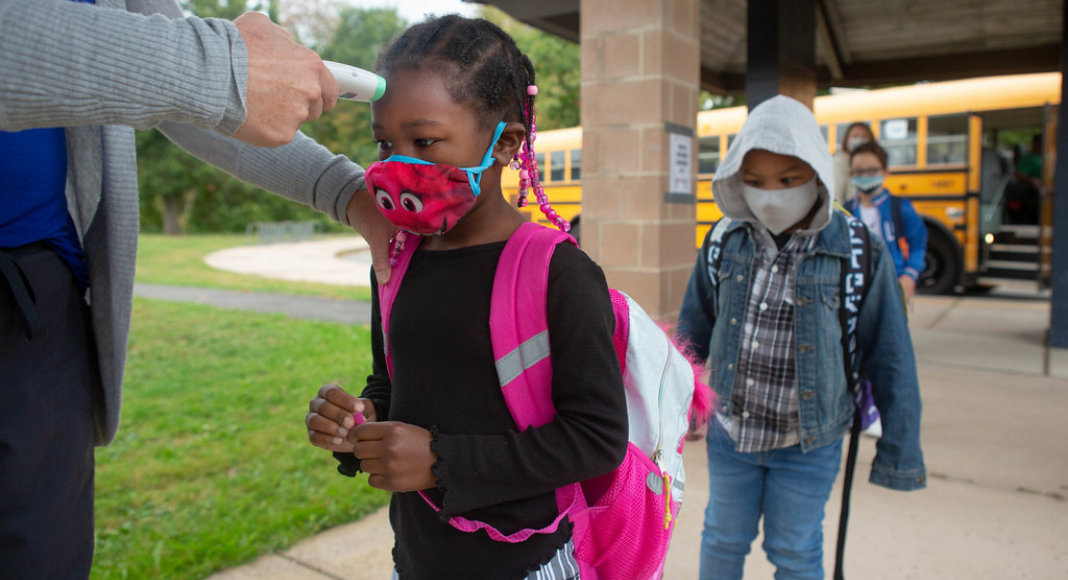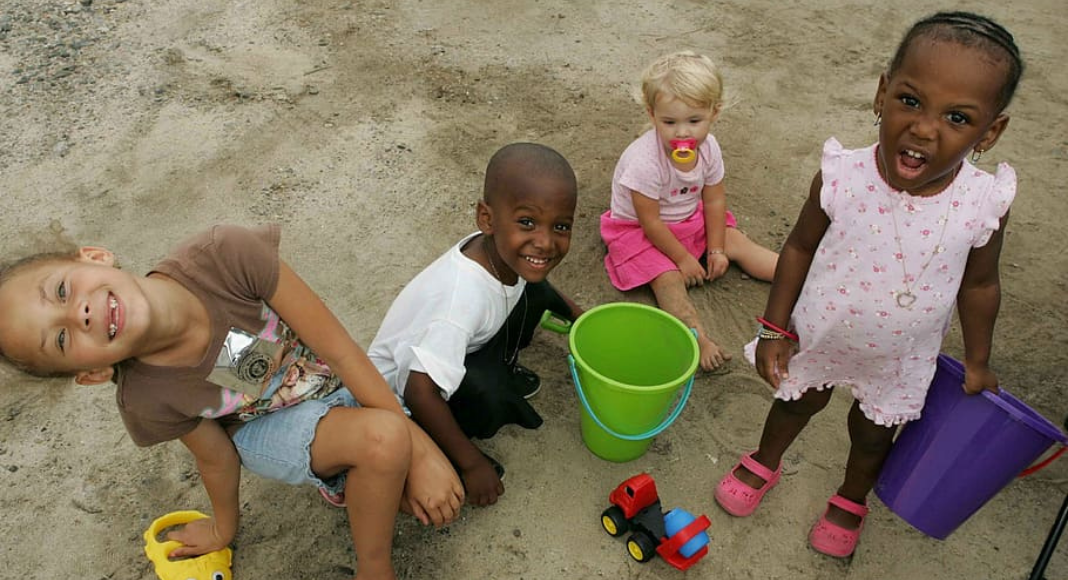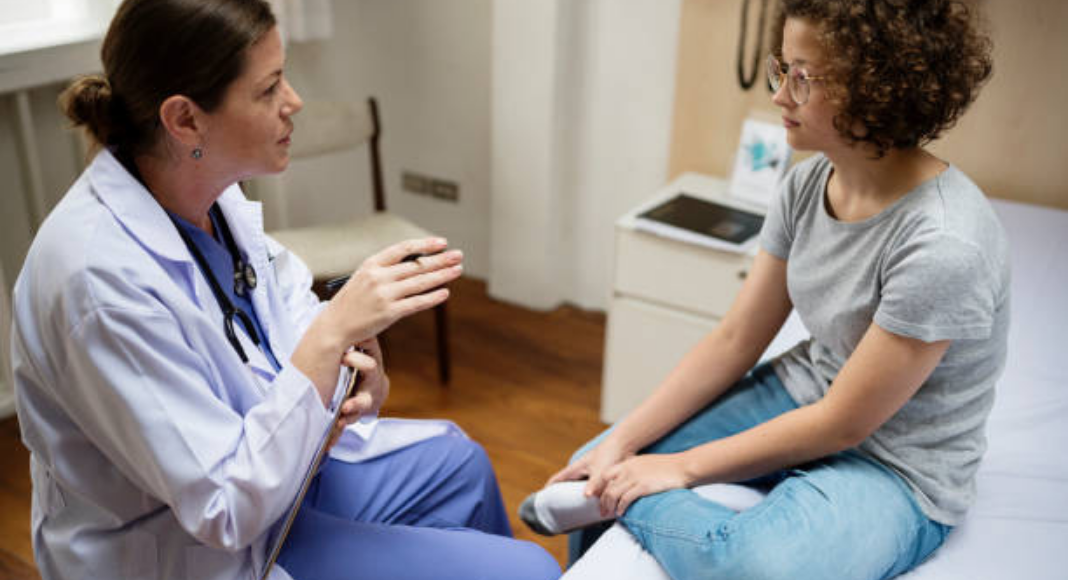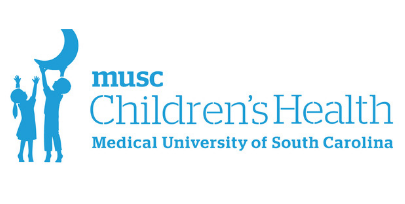*DISCLAIMER* If your child is threatening or talking about harming themselves, ending their life, or hurting others, call 911 immediately.
 New year, new school, new world, the adjustment to living in a pandemic has been challenging for parents, as well as children. Sadly, this new life is having a significant impact on our children’s mental health. We try to help them adjust, but sometimes we may need professional help.
New year, new school, new world, the adjustment to living in a pandemic has been challenging for parents, as well as children. Sadly, this new life is having a significant impact on our children’s mental health. We try to help them adjust, but sometimes we may need professional help.
 Enter Pediatric Mental Health Specialist, Dr. Elizabeth Wallis, MD of MUSC Children’s Health. As a primary focus within this specialty, Dr. Wallis regularly works with children and adolescents on mental health concerns.
Enter Pediatric Mental Health Specialist, Dr. Elizabeth Wallis, MD of MUSC Children’s Health. As a primary focus within this specialty, Dr. Wallis regularly works with children and adolescents on mental health concerns.
We had the opportunity to speak with Dr. Wallis about mental health to gain some clarity and understanding on this component of children’s overall health.
I’m Concerned My Child Is Struggling
All children experience stress and express that emotional tension differently. Tantrums, separation anxiety, anxiousness, and fear can all be very normal parts of your child’s developmental stage and a natural reaction to stress. But what do you do if you notice your child is acting out of character? What do you do if they aren’t sleeping well, they can’t sit still for short periods of time, they are becoming more aggressive or talking about harming themselves or others?
According to Dr. Wallis, when a change occurs in their life such as the welcoming of a new sibling, starting school, mom or dad remarrying, moving into a new house, or experiencing a worldwide pandemic, children can show that they are stressed in a variety of ways.
Since the pandemic began, MUSC has seen an increase in mental health issues among children, especially in the areas of ADHD/ADD, depression, and anxiety.
In an article by MUSC Catalyst News from December 2020, Ryan Byrne, MD discussed the impact of the pandemic on children’s mental health and provided ways parents could support their children.
“The increase of children admitted to MUSC for mental health concerns is largely related to the pandemic, but I don’t think it’s solely based on stress caused by the pandemic. I think that’s a contributor to it.” Byrne encourages parents to talk openly with their kids about mental health during the pandemic and beyond. “Tell your children — if you’re ever feeling sad, if you’re feeling down, you feel like you can’t go on, you feel like you have thoughts of dying — you always want to be there to support them and get them help if they’re feeling that way.”
Sometimes, one of the best ways we can offer support to our children is to partner with a professional like Dr. Wallis. MUSC Children’s Health has teams of pediatric and young adult mental health experts who can help assess if your child’s behavior is due to typical transition and stress or something that requires ongoing support.
In order to know the signs of a child’s mental health illness or disorder, we need to understand what it means to be mentally healthy as a child.
 Being mentally healthy as a child is when children experience stressors and it doesn’t interrupt their growth and development.
Being mentally healthy as a child is when children experience stressors and it doesn’t interrupt their growth and development.
Common Mental Illnesses & Disorders in Children
Though there are countless mental health illnesses and disorders that exist, Dr. Wallis explains that the most commonly seen amongst school-age children and adolescents are ADHD, anxiety, and depression. All of these can create many problems for our children and their development if left untreated.
 ADHD/ADD
ADHD/ADD
Symptoms of ADHD commonly include:
- Inattentiveness
- impulsivity,
- hyperactivity
When discussing ADHD with Dr. Wallis of MUSC Children’s Health, she explained that “ADHD is now interchangeably called ADD, or attention deficit disorder as it is a part of ADHD.” If your child struggles with ADHD, they may struggle with following simple instructions, staying focused for minutes at a time, irritability, and completing tasks at home or school.
Anxiety and Depression can be categorized in a number of ways. The CDC describes examples of symptoms in children below:
- Being very afraid when away from parents (separation anxiety).
- Having extreme fear about a specific thing or situation, such as dogs, insects, or going to the doctor (phobias).
- Being very afraid of school and other places where there are people (social anxiety).
- Being very worried about the future and about bad things happening (general anxiety).
- Having repeated episodes of sudden, unexpected, intense fear that come with symptoms like heart pounding, having trouble breathing, or feeling dizzy, shaky, or sweaty (panic disorder).
- Feeling sad, hopeless, or irritable a lot of the time.
- Not wanting to do or enjoy doing fun things.
- Showing changes in eating patterns – eating a lot more or a lot less than usual.
- Showing changes in sleep patterns – sleeping a lot more or a lot less than normal.
- Showing changes in energy – being tired and sluggish or tense and restless a lot of the time.
- Having a hard time paying attention.
- Feeling worthless, useless, or guilty.
- Showing self-injury and self-destructive behavior.
Others Mental Illnesses in Children:
- Severe Behavioral Disorders
- Adjustment Disorders
- Autism Spectrum Disorders
- Bipolar Disorder
- Trauma-Based Disorders
- Somatization Disorders
- Eating Disorders
- Psychotic Disorders
- Substance Use Disorders
 What to Expect When Seeing an MUSC Pediatric Mental Health Specialist
What to Expect When Seeing an MUSC Pediatric Mental Health Specialist
If you or your pediatrician are concerned that your child is struggling with a mental illness, reaching out to MUSC Children’s Health for an assessment from a pediatric mental health specialist might be the next step.
- Your pediatrician will refer your child to a Mental Health Specialist at MUSC Children’s Health or you may choose to self-refer and contact MUSC Children’s Health to make an appointment.
- At your scheduled appointment, a pediatric mental health specialist will perform an evaluation that asks questions regarding your child’s concerning behavior, environmental factors, and social and family medical/mental health history. They may also take further tests and assessments to identify the areas your child may be struggling in order to create the proper diagnosis and treatment plan.
- With your help as their parent, they will create a treatment plan that may or may not include medications (depending on the severity and how much the mental health concern is interfering with daily life).
- A follow-up appointment will be established to give feedback on symptoms or make adjustments as needed.
- Additional follow-ups will be scheduled to continue to monitor your child.
If you are uncomfortable with the use of medication, your doctor can also suggest alternatives.
Dr. Wallis and her colleagues see children at locations around the Lowcountry. If you would like to make an appointment, please call 843-876-0444.
A special thanks to Dr. Elizabeth Wallis for sharing her knowledge with Charleston Moms. We are grateful to have local experts who are willing to share their time and knowledge to help our community!
Connect with MUSC Children’s Health!
Visit their website
Follow them on Facebook
Learn more about MUSC Child & Adolescent Psychiatry Services














